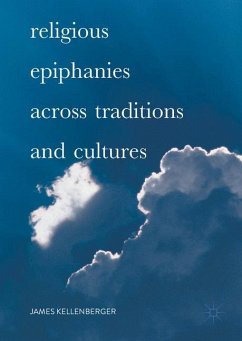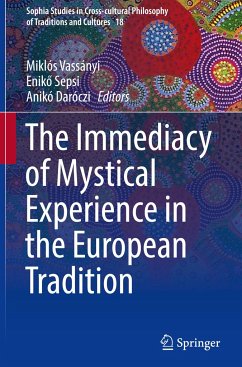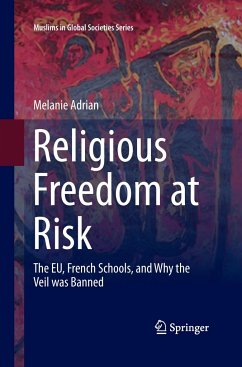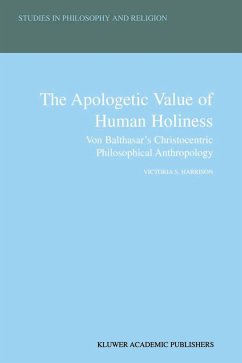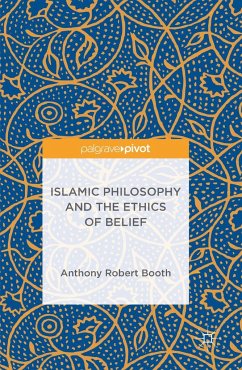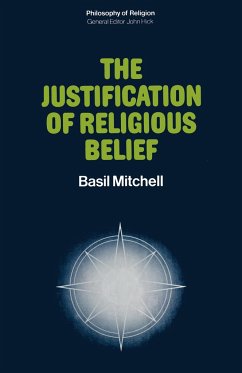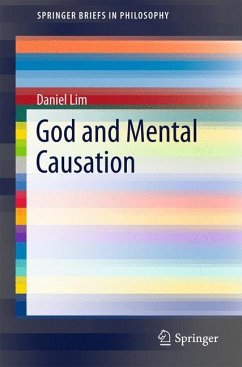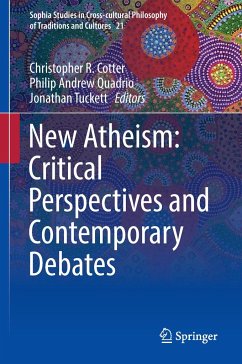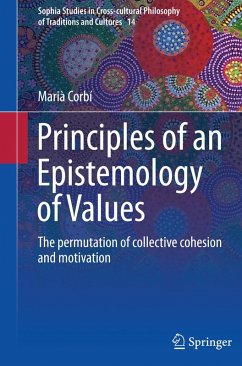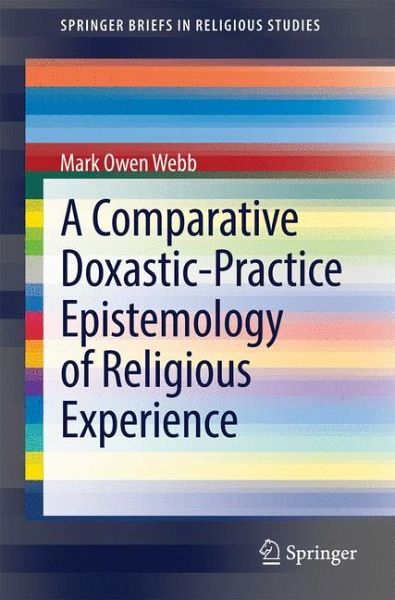
A Comparative Doxastic-Practice Epistemology of Religious Experience

PAYBACK Punkte
19 °P sammeln!
This book takes a theoretical enterprise in Christian philosophy of religion and applies it to Buddhism, thus defending Buddhism and presenting it favorably in comparison. Chapters explore how the claims of both Christianity and Theravada Buddhism rest on people's experiences, so the question as to which claimants to religious knowledge are right rests on the evidential value of those experiences. The book examines mysticism and ways to understand what goes on in religious experiences, helping us to understand whether it is good grounds for religious belief. The author argues that religious la...
This book takes a theoretical enterprise in Christian philosophy of religion and applies it to Buddhism, thus defending Buddhism and presenting it favorably in comparison. Chapters explore how the claims of both Christianity and Theravada Buddhism rest on people's experiences, so the question as to which claimants to religious knowledge are right rests on the evidential value of those experiences. The book examines mysticism and ways to understand what goes on in religious experiences, helping us to understand whether it is good grounds for religious belief. The author argues that religious language in both Christian and Buddhist traditions is intelligible as factual discourse, and so reports of mystical experience are true or false. The book contends that those experiences can be fruitfully thought of as perceptual in kind and that they are therefore good prima facie grounds for religious belief, in the absence of defeating conditions. The work goes on to explore Christian and Buddhist testimony and how the likelihood of self-deception, self-delusion, imaginative elaboration and the like constitutes a defeating condition. It is shown that this defeater has less scope for operation in the Buddhist case than in the Christian case, and therefore Theravada Buddhism is better grounded. This work will appeal to students and scholars of philosophy and philosophy of religion, and those interested in the study of religious experience.





